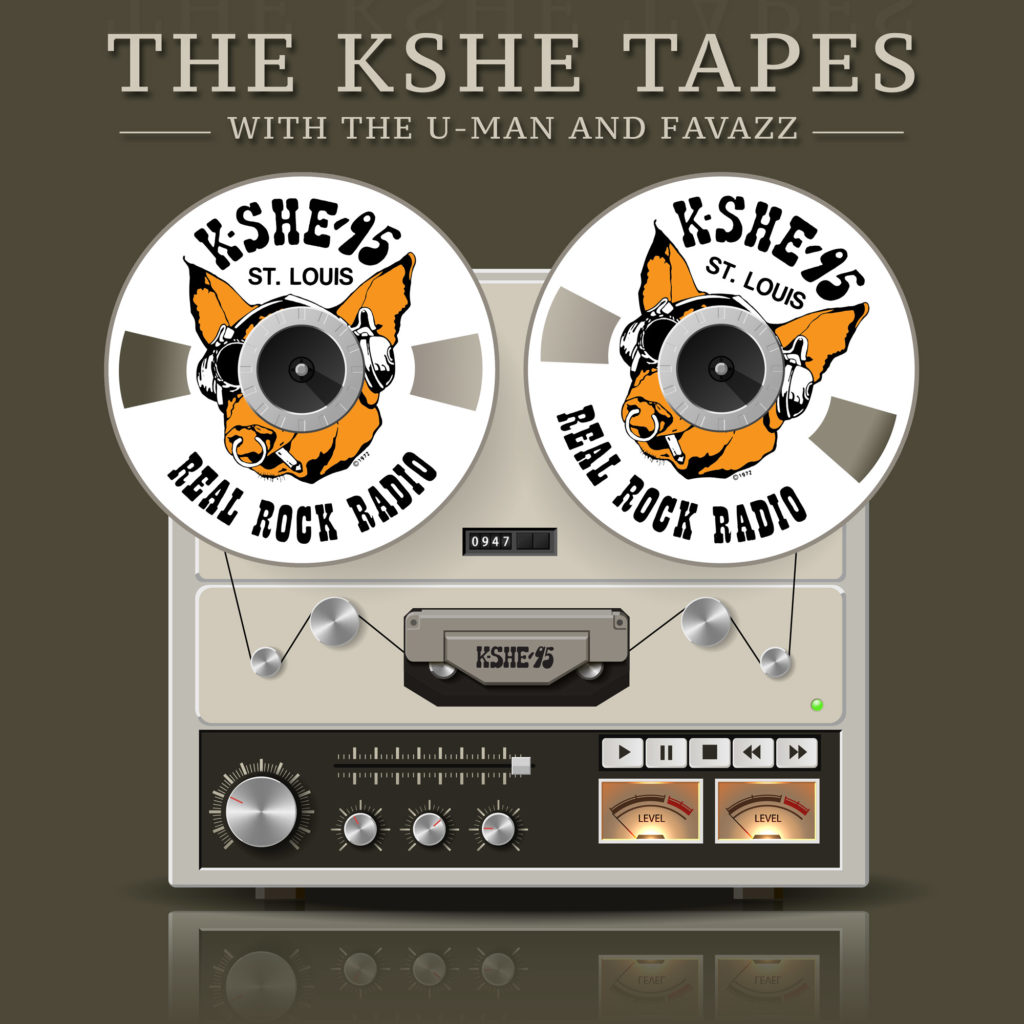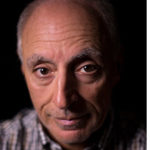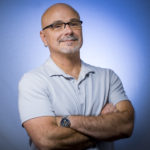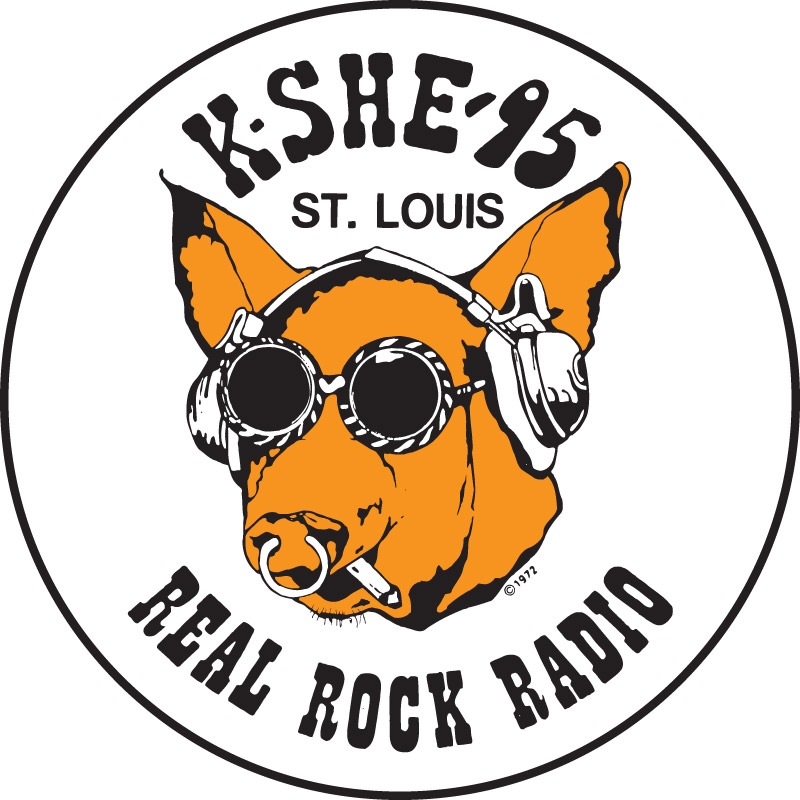
When I was working in the programming department of WBCN in Boston back at the beginning of this century, we had a closet full of recordings that had accumulated over the years. These include several decades’ worth of performances by and interviews with bands like The Ramones, Pearl Jam, and Linkin Park. I have often wondered what happened to that treasure trove of music history. As I’ve watched the internet grow over the years, I’ve frequently thought about how many people would love to listen to those recordings online.
As it turns out, I’m not the only person who had that thought. Morning host John “The U-Man” Ulett and afternoon drive jock Guy “Favazz” Favazza of KSHE 95 in St. Louis, another legendary rock station with decades of heritage to mine, have launched a new podcast called The KSHE Tapes which features interviews from the station’s past. They’ve dug up old conversations with some of rock’s biggest names, including Paul McCartney, Slash, Alice Cooper, and Sammy Hagar. I asked them to tell me more about the podcast… –Seth
1. Tell us about The KSHE Tapes.
We host the show together, and between the two of us, we have plenty of interviews to choose from. We take one each week, set it up, and play it back. However, we pause the interview at times to ask questions of each other or make comments. It makes for good banter.
2. John, how did the show come about?

For a while, we were mulling over what to do with a room full of tapes filled with KSHE history — not all of which are interviews. We’ve also been thinking about what would make a good KSHE podcast. Someone from one of our Hubbard stations in Cincinnati suggested that we do something with past interviews. So Favazz and I decided to use them in a podcast, but not just play them back; we comment throughout the playback and inject ourselves into the interviews to update things, or highlight something important, or even make light of something.
3. Describe the process of making the show.
We decide by Monday of each week which interview we will do. We text one another ideas and go from there. We record on Wednesday and post the episode on Friday. We might listen to parts of the interview beforehand to get an idea of what we might ask each other during recording. The biggest challenge — but not that big — was getting our engineering staff to bring a minidisc player and a DAT player into the production studio so we could use them for the show. Some of the interviews are even archived on reel to reel tape, but we have that covered too. We even play the parts of the interviews that never made it onto the air like the mic checks.
4. As you listen back to the archive of interviews, have you found any favorite moments?
We’re still mining the vault, so who knows what we’ll find, but at this point: Paul McCartney came across as so warm and friendly that we grew to admire him even more after hearing the interview.
5. Favazz, what have you learned in the course of making this podcast?

I think we’ve both learned that making a podcast is kinda fun. Listening back to old interviews is painful at times, but the content is what we enjoy the most. I have the easy part, as John does any editing the show might need. And I’m pretty sure we enjoy working with each other. John’s been doing mornings forever and I’m in my 20th year of afternoon drive. While we aren’t in the air studio at the same time, we’re golfing partners, so we knew our chemistry would work.
6. How are you promoting the podcast?
We’re promoting it on the social media outlets and on the air. A recorded promo spot is being formulated. Word of mouth has also been strong.

7. Based on your experience so far, what advice would you give to other radio stations looking to turn their archived interviews into a podcast? Any surprises?
Dig up the interviews no matter what form they’re in and have fun with them. This week, we’ll be doing an interview that’s on cassette. Who knows when we’ll do one on reel to reel? You need a cooperative engineering staff to make all that happen. We are in the early stages, and while we wouldn’t change anything right now, it will evolve.
We’ve been most surprised at the number of downloads already. After two weeks and three episodes, we’ve already had almost 4,500 downloads. That’s pretty good. We are both proud that we host the first podcast ever for KSHE. That’s no small thing after 51 years in existence!
Any final thoughts?
We would like to thank Chris Files from Hubbard for his help in getting this thing off the ground. Also, Drew Patterson for the producing the podcast’s open and close, and our boss, Rick Balis.
More Digital Tips
- How to Use RSS Feeds to Keep Up on Radio Industry News
- Air Talent Says They Don’t Have Enough Time to Podcast. It’s Hard to Think of a Better Use of Their Skills.
- Tips for Creating Email Signup Forms
- An Introduction to WordPress Custom Post Types for Radio Broadcasters
- HBO’s “Hacks” Offers an Important Lesson for Radio Air Talent
- A Simple Digital Treat to Thank Your Radio Listeners This Thanksgiving - November 13, 2023
- Interview Questions When Hiring Your Radio Station’s Next Digital Marketing Manager - November 6, 2023
- A Radio Conversation with ChatGPT: Part 2 – Promotions - October 30, 2023





Leave a Reply